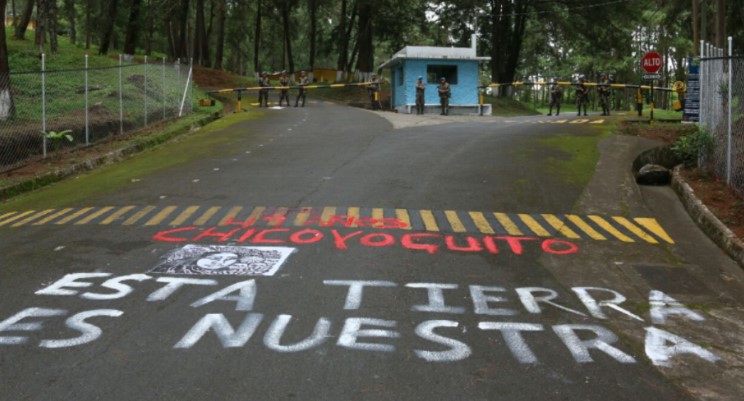PBI-Colombia notes urgent concern about new attacks on the territory of the Peace Community of San José de Apartadó
Video: PBI-Colombia at the Peace Community on March 27, just days after the murder of two community members.
PBI-Colombia has posted on social media: “Urgent. After the murder of two members of @cdpsanjose [the Peace Community of San José de Apartadó], new attacks occur on the territory of the Community. Guarantees, research results and progress in the commitments made by the State are urgently needed.”




